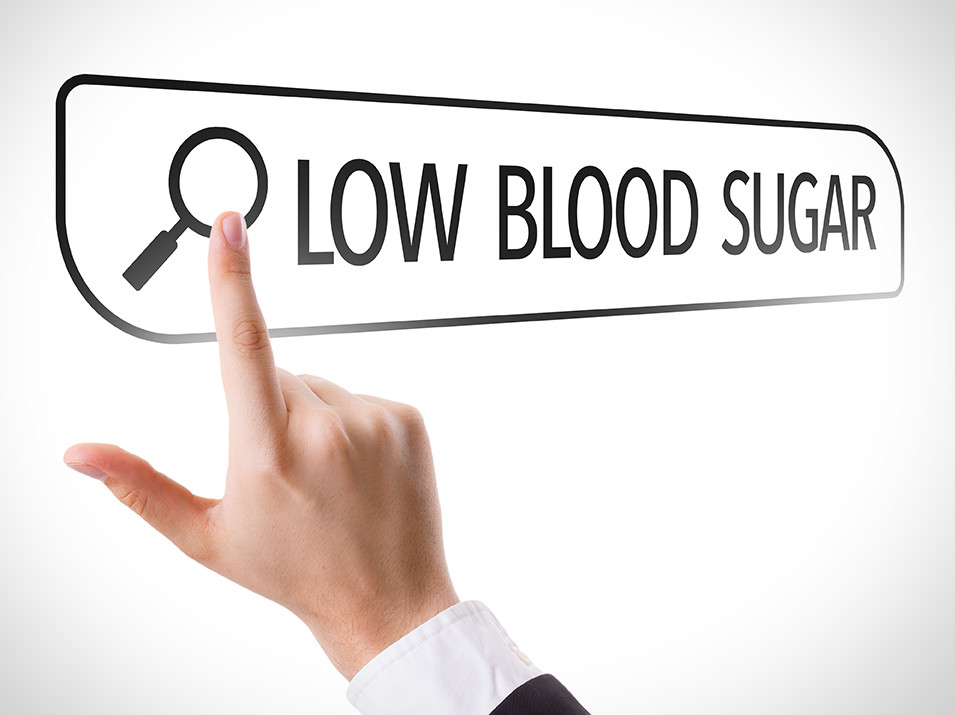What is hypoglycemia?
Hypoglycemia occurs when the amount of blood sugar in a person’s blood is abnormally low. Our human bodies need energy for regular bodily functions, which our cells take from the glucose in our blood stream. When the blood sugar level drops below the normal limit (usually below 70 mg/dL), our body cannot get enough energy, and this condition is termed as hypoglycaemia.
HYPOGLYCEMIA Causes
Hypoglycemia in people without diabetes is less common. There are several causes of hypoglycaemia, and here’s a list of them.
- Diabetic medications such as insulin and oral hypoglycaemic drugs
- Increased physical activity
- Delayed or insufficient or skipped meals
- Consuming alcohol without having food
HYPERGLYCEMIA Symptoms
Most often, people know when their blood sugar levels have dropped, and that something needs to be done about it. Here’s a list of hypoglycaemia symptoms which should alert you:
- Shakiness
- Rapid/fast heartbeat
- Sweating, chills and clamminess
- Hunger and nausea
- Tingling or numbness in the lips or tongue
- Weakness or fatigue
- Nervousness or anxiety
If left untreated for longer periods, hypoglycaemia causes:
- Headaches
- Light-headedness or dizziness
- Irritability or impatience
- Anger, stubbornness, or sadness
- Sleepiness
- Lack of coordination
- Confusion, including delirium
- Blurred/impaired vision
- Seizures
- Unconsciousness
- Death
There are times when hypoglycaemia occurs at night. If you experience any of these nocturnal hypoglycemic symptoms, you should get yourself checked:
- Damp sheets or clothes due to perspiration
- Nightmares or crying out during sleep
- Fatigue, irritability or confusion after waking up
HYPOGLYCEMIA Management
If you have diabetes, hypoglycemia management is all about following your diabetes management plan carefully. If you feel that your blood sugar is getting or low, you must ensure that:
- Your glucose levels are below 70 mg/dL. If it is, consume glucose or simple carbohydrates, as advised by your diabetes specialist
- After 15 minutes, recheck your glucose level using a glucometer and if the results still don’t show normal, repeat the process
- Once normal blood sugar level is achieved, have a small snack if your next meal is not before one or two hours from then.
We would love to understand more about your concerns and experiences with diabetes. Do feel free to call us at our toll no or visit any of our diabetes care centers located near you











